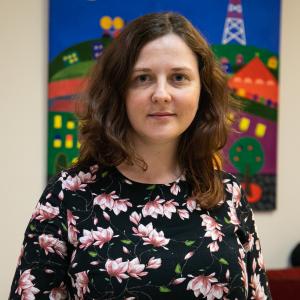Projekt
Oral Testimonies from the Russian War against Ukraine and Prospects of Their Visibility
The Russian full-scale invasion after February 24th, 2022, is being documented while evolving. One of the first reactions of historians and social scientists in Ukraine was to start different types of archiving and reflecting – from writing personal diaries and collecting memes to conducting interviews and gathering evidence of war crimes. At the end of February 2022, the Center for Urban History secured digital collections and turned open premises into a shelter. In early March 2022, the team was surrounded by people who wanted to share their stories. Together with colleagues from Poland, Germany, the UK, and Luxembourg, we interviewed those displaced by the Russian aggression and those working to support them. During the six months of work in 2022, the Ukrainian team collected over 150 stories. Our interlocutors (out of whom 57.5% are female and 42.5% are male) come from different regions. The majority are from Kyiv, Kharkiv, and Mariupol. The average age of the narrator is 39 (min 18, max 74). Each interview opens up a series of stories about the everyday life of war. These are stories about life under shelling and rethinking the value of the social, evacuation, and geography that has acquired new materiality, home, and memories that tie us to space, frozen and stolen time, navigating information flows, corporeality, finding one's place, fear, love, trust, and hope.
During her fellowship at ZZF in Dep. I: Communism and Society, Natalia will work with selected testimonies and prepare curated quotes for publishing. She will also reflect on the nature of such sources and the prospects for their visibility in the narratives about the full-scale Russian war against Ukraine.
